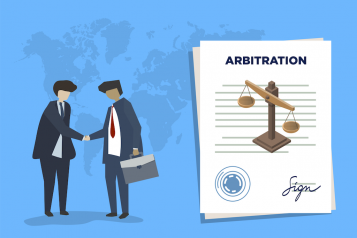The U.S. Supreme Court has declined Facebook’s bid to claw back a $15 billion class action suit accusing the social media giant of illegally tracking the activities of users even when they are logged out of the platform.

The justices refused to hear Facebook’s appeal of a lower court ruling that revived the proposed nationwide litigation accusing the company of violating a federal law called the Wiretap Act. This act prohibits eavesdropping on electronic communications, but exempts people who are parties to the communication – the designated sender or receiver of the information.
Four individuals filed the proposed nationwide class action suit in California federal court, claiming the social media platform secretly tracked the visits of users to websites that use Facebook features such as the “like” button. The plaintiffs pursued $15 billion in damages for Menlo Park- based Facebook’s actions between April 2010 and September 2011. Court papers do note that the company stopped its nonconsensual tracking after it was exposed by a researcher in 2011.
The litigation also accuses the company of violating California privacy rights laws, but Facebook’s appeal to the Supreme Court involved only the Wiretap Act.
Facebook currently has more than 2.4 billion users worldwide, with around 200 million of those in the United States. Facebook claims it protects the privacy of users and should not face liability over commonplace computer-to-computer communications.
The case centers on Facebook’s use of commonly-used features called “plug-ins” and “cookies”. The filing accused FB of packaging tracked browsing history of users with digital identifiers, then selling the information to advertisers for profit.
Facebook claims it uses the data it mines and receives to tailor the content and experience for users and to improve ads on its service.
A federal judge dismissed the case in 2017 but the 9th U.S. Circuit Court of Appeals revived it in 2020, allowing the Wiretap Act and state privacy claims to go ahead.
“Facebook’s user profiles would allegedly reveal an individual’s likes, dislikes, interests and habits over a significant amount of time, without affording users a meaningful opportunity to control or prevent the unauthorized exploration of their private lives,” the court said in its ruling.
In its appeal to the nation’s highest court, Facebook said it should not be liable under the Wiretap Act because it is a party to the communications at issue by virtue of its plug-ins.
“Facebook was not an uninvited interloper to a communication between two separate parties; it was a direct participant,” the company said in a legal filing.
Read more articles from Haute Lawyer, visit https://hauteliving.com/hautelawyer/


















